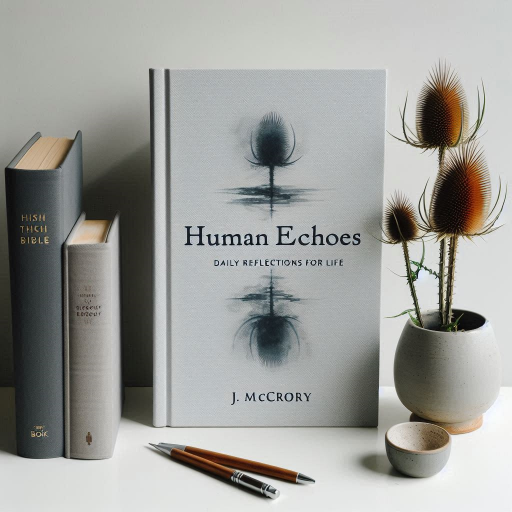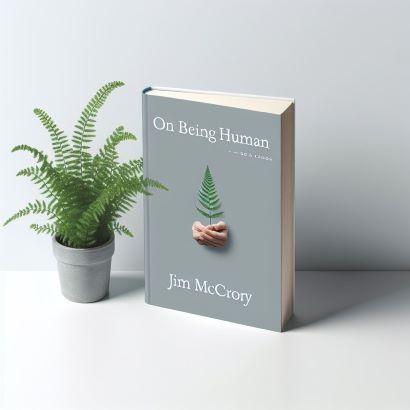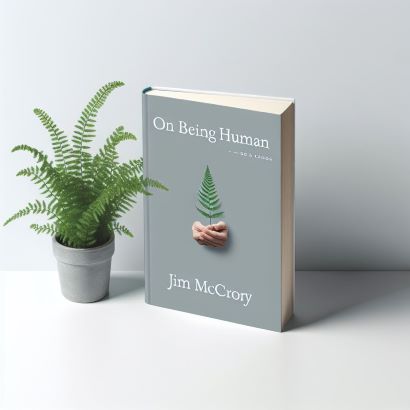"One wants to be loved, failing that, admired…
One wants to inspire some sort of sentiment.
The soul recoils from a void and desires contact at any price."
Hjalmar Söderberg — Doctor Glas

Image generated with the assistance of Microsoft copilot
The Invisibility of Seasonal Loneliness
“A friend loves at all times.”
—Proverbs 17:17
For many, this time of year carries the ache of loneliness, a feeling amplified by the festive cheer around us. Memories of isolation often linger, living quietly in the recesses of our minds, surfacing when we least expect them.
I remember one such time vividly. It was Christmas Eve, many years ago, during my youth. I had friends, but I was in a season of transition. The friendships I once cherished no longer resonated, leaving me feeling adrift. In search of solace—or perhaps just a distraction—I ventured into Glasgow city centre. The bustling streets, alive with shoppers and laughter, seemed to mock my solitude. There was no logic to my actions; if anything, being among the crowds only deepened my sense of emptiness.
Eventually, I wandered into a coffee shop. I was shy, and though I longed for someone to strike up a conversation, no one did. The chatter of patrons and clinking of cups became a background hum to my thoughts. Then, someone played a song on the jukebox: Chicago's "If You Leave Me Now." Even after all these years, every time I hear that song, it transports me back to that painful Christmas Eve—a moment etched in time, a snapshot of my loneliness.
Yet, that experience was not without purpose. It taught me empathy—a deep, abiding compassion for the lost souls who, like I once did, walk through life feeling unseen and unheard. Loneliness is a quiet scourge in today’s society, often hidden behind smiles or busy routines.
This memory fuels my resolve to reach out. I’ve learned the transformative power of a simple “hello,” a kind word, or a thoughtful question. Even now, despite my age, I often stop to talk with young people. They, too, crave connection, and it’s moving to see their faces light up when you ask about their studies or their interests. It’s a reminder that no one is immune to the need for love and affirmation. We all carry stories—stories like mine, stories of quiet battles fought in the heart.
And today, many of those stories will be written. Somewhere, someone is feeling what I felt that Christmas Eve. Why not be the one to reach out? To smile, to start a conversation, to show someone they are not invisible? Let’s step into the lives of others, even if only for a moment, and remind them—and ourselves—of the healing power of human connection.






















